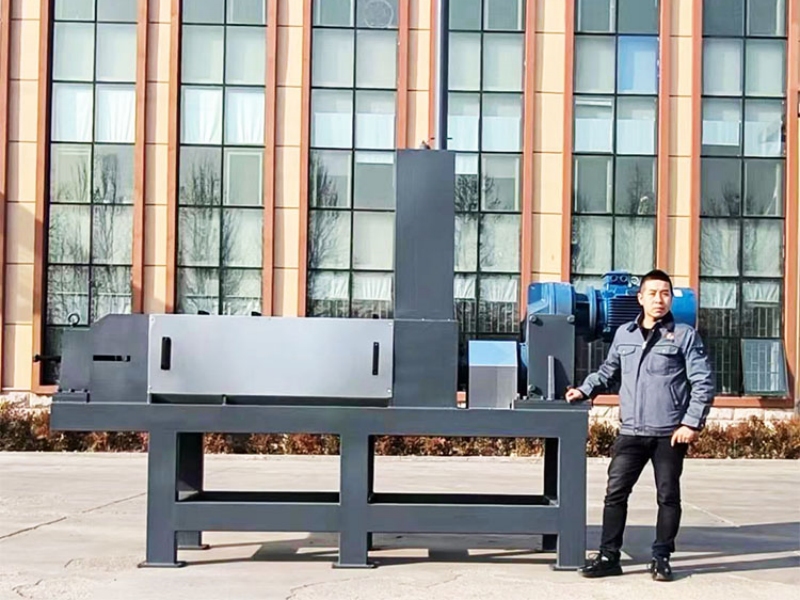
Introduction:
Animal waste management is a critical aspect of sustainable agriculture and environmental conservation. The Animal Waste Dewatering Machine plays a pivotal role in addressing this challenge by efficiently separating solid and liquid components of animal waste. This article explores the diverse advantages of this technology in promoting environmentally friendly and economically viable waste management practices.
Efficient Solid-Liquid Separation:
The primary function of the Animal Waste Dewatering Machine is to separate solid and liquid fractions of animal waste. By doing so efficiently, it significantly reduces the volume of waste, making it easier to handle and manage.
Reduction in Volume and Weight:
Through the dewatering process, the machine substantially reduces both the volume and weight of the animal waste. This reduction makes transportation and disposal more cost-effective and environmentally sustainable.
Improved Nutrient Concentration:
The separated liquid fraction, commonly referred to as effluent or slurry, contains higher concentrations of nutrients. This nutrient-rich liquid can be utilized as a valuable fertilizer, contributing to improved soil fertility and crop yields.
Odor Reduction:
Dewatering not only reduces the volume of waste but also helps in minimizing unpleasant odors associated with decomposing animal waste. This is particularly beneficial for farms located near residential areas or in proximity to sensitive environmental zones.
Compliance with Environmental Regulations:
Animal waste management is subject to various environmental regulations. The use of a dewatering machine aids in compliance with these regulations by facilitating responsible and sustainable waste handling practices.
Cost Savings:
By decreasing the volume of waste, the Animal Waste Dewatering Machine contributes to cost savings associated with waste disposal and transportation. Moreover, the nutrient-rich liquid fraction can replace or reduce the need for commercial fertilizers.
Versatility in Application:
This technology is versatile and can be applied to various types of animal waste, including that from poultry, livestock, and dairy farms. Its adaptability makes it a valuable tool for a wide range of agricultural operations.
Energy Efficiency:
Many modern dewatering machines are designed with energy-efficient features, ensuring that the process of separating solid and liquid components is accomplished with minimal energy consumption, making it an environmentally friendly option.
Enhanced Hygiene and Disease Control:
Proper waste management is essential for maintaining hygienic conditions on farms. By reducing the volume of waste and controlling odors, the dewatering machine contributes to a healthier environment for both animals and farm workers, minimizing the risk of diseases.
Conclusion:
The Animal Waste Dewatering Machine emerges as a crucial tool in the sustainable and responsible management of animal waste. Its multifaceted advantages, ranging from efficient solid-liquid separation to cost savings and environmental compliance, make it an indispensable technology for modern agricultural practices. As the agriculture industry continues to evolve towards more sustainable practices, the adoption of such innovative technologies becomes increasingly imperative.




If your company wants to establish a business relationship with us, please briefly describe the cooperation intention and send an email to:chuantaiscrewpress@gmail.com























































































![[list:title]](/static/upload/image/20240528/1716877114510915.jpg)